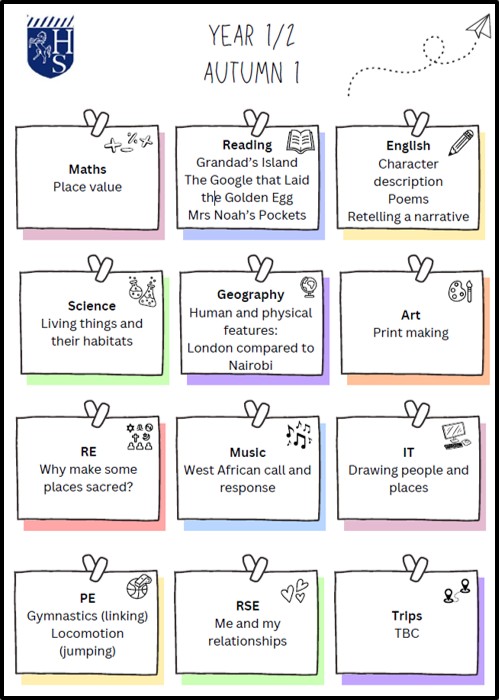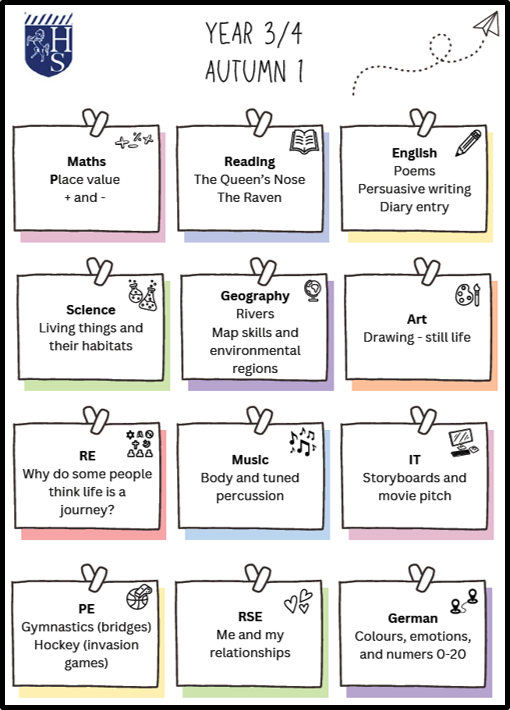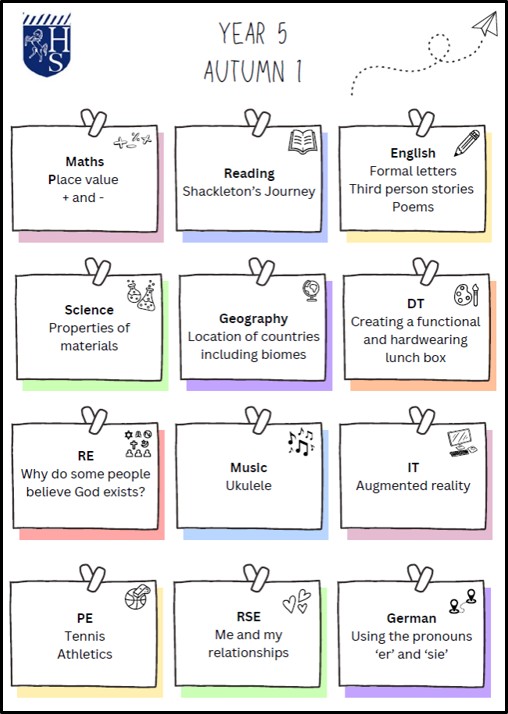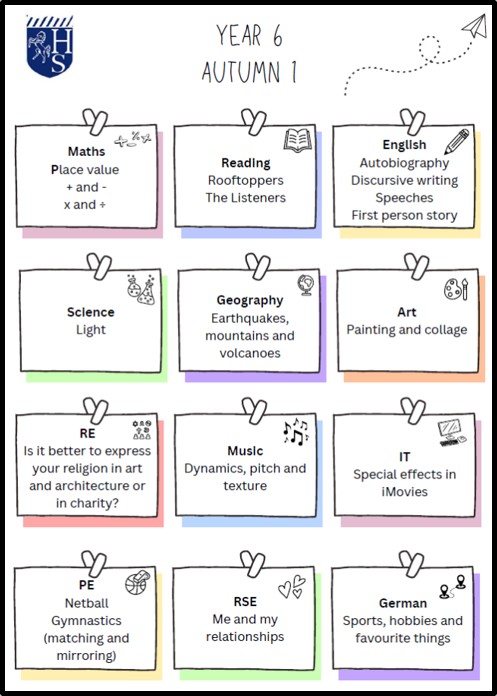Curriculum
The National Curriculum (School Curriculum in England)
We want all pupils at Hillsgrove to be confident in having the skills and knowledge they need to thrive in the world beyond school. We want all pupils to share our high aspirations for themselves and to develop a love of learning for life.




